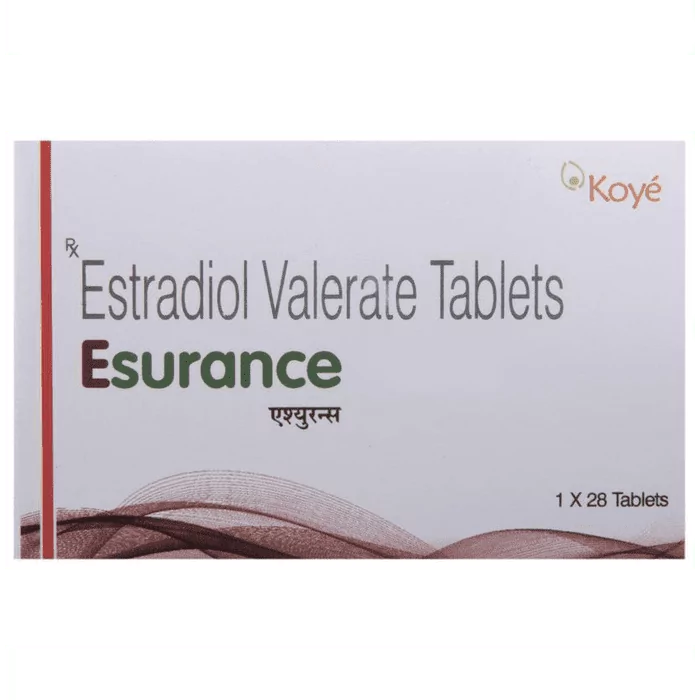The phase of Menopause brings about a variety of changes in women’s life.
It is the natural biological stage where women lose their reproductive capabilities.
Besides discomforting symptoms such as hot flashes and weight gain, individuals also deal with various emotional challenges during and after Menopause.
These may include reduced sexual desire or uncomfortable sexual experiences for some women.
However, it is possible to improve your sexual life with some effective sex after Menopause tips.
In this article, we discuss some of these tips to make your sexual experiences better after Menopause.
Why Is Sex After Menopause Uncomfortable
Before getting to the solutions, it is important to understand the bodily changes after Menopause.
As women reach Perimenopause, several hormonal changes take place within their bodies.
The levels of Estrogen and Progesterone fluctuate abruptly, slowly declining as they hit Menopause.
Due to these changes, women experience Menopausal symptoms such as vaginal dryness and low sex drive.
In fact, more than one-third of women report facing sexual difficulties during their Menopausal transition.
Hence, they often become less sexually active after Menopause.
Furthermore, the emotional strain of other Menopausal symptoms, such as Depression and Anxiety, is also linked with sexual dysfunction among Postmenopausal women.
Therefore, sexual experiences among aging couples often turn unpleasant and distressing.
Save up to 90% on your medicine bills

Progynova 2 mg

Oestrogel 2.5 gm / 1.5 mg

Estrabet 2 Tablet

Esurance Tablet
Top 5 Sex After Menopause Tips

Several couples wish to retain their libido and intimacy even as they age.
Therefore, it is encouraging to note that many of the sexual difficulties post-menopause can be addressed by taking proper measures.
This may involve using lubricants, exercises, medications, and therapies to improve your sexual drive.
Let us discuss each of these measures in detail below.
Use a Lubricant
Using lubrication is a popular and effective way to deal with vaginal dryness after Menopause.
Women generally have a hard time squirting after Menopause. Hence, decreased blood flow to your vagina can cause discomfort during sex due to friction.
Many types of lubricants are available to address such issues. Primarily, there are two kinds of lubricants: water-based and silicon-based lubricants.
Water-based lubricants are good for reducing friction but often require reapplication. On the other hand, silicon-based lubricants last longer but are generally more expensive.
Consult your doctor to understand the ideal lubricant for your needs.
Seek Medical Help
It is perfectly fine to seek help from your doctor if you consistently face sexual difficulties Postmenopause.
They may suggest Hormone Replacement Therapy (HRT) or other medications for Menopause to deal with your symptoms.
Additionally, Vaginal Estrogen supplementation may also prove beneficial for some individuals.
Try Exercises for Muscle Tightness

After Menopause, the muscles around your bladder and vagina may turn loose, adding to the discomfort.
To alleviate these conditions, you may try certain pelvic floor exercises, such as kegel exercises, to stretch and strengthen your muscles.
Seek a referral from your doctor to see a pelvic floor physical therapist for accurate diagnosis and appropriate treatment.
Do you know various exercises are effective in increasing libido?
If you want to learn about these exercises, read Exercises to Increase Libido: A Natural Way to Boost Your Sex Drive.
Consider Yoga and Meditation
Yoga and meditation have the potential to impact libido and increase sex drive among women positively.
This is done by reducing stress, Anxiety, and Depression levels among individuals.
Also, mindfulness exercises can improve body awareness, increasing sensitivity to subtle physiological changes in the body.
Consult a Therapist
Talking to a sex therapist may seem like a big step, yet it is often a necessary and beneficial one.
Facing stress, relationship challenges, or Anxiety related to aging often contributes to a decreased sex drive.
Seeking sex therapy from a counselor or therapist can help resolve these concerns.
They may provide techniques to enhance your mental health and strengthen your connection with your partner.
Conclusion
Menopause is a natural stage in a woman’s life where she loses her reproductive capabilities.
Individuals go through a range of physical and emotional symptoms, including reduced libido and disinterest in sexual activities.
This is primarily caused by hormonal fluctuations associated with Menopause.
To improve your sex life after Menopause, consider using lubricants, exercising your pelvic muscles, and consulting your doctor.
Seeking a therapist may also prove beneficial for some couples to help address sexual difficulties effectively.
Get Oestrogel Gel 80 gm only from Cheap Medicine Shop for instant relief!

Frequently Asked Questions
Can a woman enjoy sex during Menopause?
Yes, women can still enjoy sex during Menopause.
While hormonal changes may affect libido and vaginal dryness, using lubricants and hormone therapy can help.
Communication with your partner and exploring different sexual activities can also enhance pleasure.
How often does a 50-year-old woman want sex?
Sexual desire varies greatly among individuals, including 50-year-old women.
Some may desire sex frequently, while others may have less interest.
It depends on factors like hormones, health, relationship satisfaction, and personal preferences.
When do couples stop having sex?
Each couple’s sexual activity varies widely and often continues throughout their lives.
Factors such as health, relationship dynamics, and individual preferences may influence the frequency and duration of sexual activity.
How can I be intimate without sex?
To be intimate without sex, you may consider cuddling, holding hands, kissing, sharing emotional experiences, and spending quality time together.
Healthy communication, emotional connection, and mutual respect are key components of non-sexual intimacy.
Why does my wife not want sex?
It is common for women to lose interest in sexual activities after a certain age.
Consider honest communication with her about concerns and needs to address the issue together.
Cheap Medicine Shop only refers to credible, authoritative sources for our content. If you’re curious about how we ensure the integrity of our content, we encourage you to read our Content Information Policy.














